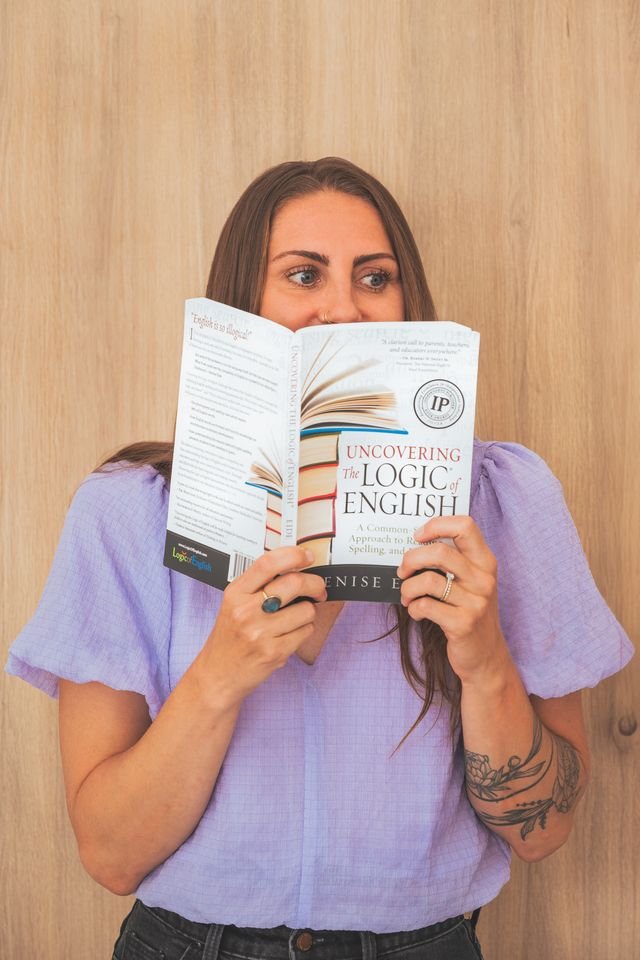Orton Gillingham Approach
Orton-Gillingham Approach
The Orton-Gillingham Approach is a direct, explicit, multisensory, structured, sequential, diagnostic, and prescriptive method for teaching literacy, specifically for individuals who struggle with reading, writing, and spelling, such as those with dyslexia.
The core curriculum and teaching methods of the Orton-Gillingham Approach come from two main sources: first, a longstanding body of knowledge and practices that have been validated over the past 80 years, and second, scientific research on how people learn to read and write.
This research explains why many individuals struggle with literacy, how dyslexia complicates the process, and which instructional techniques are most effective in helping those with dyslexia develop reading and writing skills.
When used by a skilled and knowledgeable instructor, it becomes a highly effective tool that has helped many students become successful readers and writers.
This is why OG practitioners are so passionate about our work - we see the growth in our students everyday!
What does this look like?
Sequence based learning - every lesson will provide a review of previously learned skills to give your child many "at bats".
Individualized lessons - each lesson is catered to the student and their unique interests and needs, so that they can feel motivated and empowered to learn.
Multisensory - instruction will incorporate the use of visual, auditory, and kinesthetic-tactile tools in the components of learning to read.
Progress Monitoring - formal and informal assessments will be conducted and progress shared regularly.
Explicit instruction - your child will know exactly what skill they are practicing and why they are learning it.
Dyslexia
Dyslexia is a learning difference that primarily affects reading, spelling, and writing. It occurs because the brain processes language in a unique way, making it difficult for individuals to recognize words, read text, and spell correctly. Dyslexia isn't related to intelligence or effort; in fact, many children with dyslexia are very bright and work hard, but they struggle because of how their brain handles language. With the right support, children with dyslexia can become strong readers and confident learners.
You can find more information about dyslexia and support in your area at the International Dyslexia Association.
Take a look at our services



